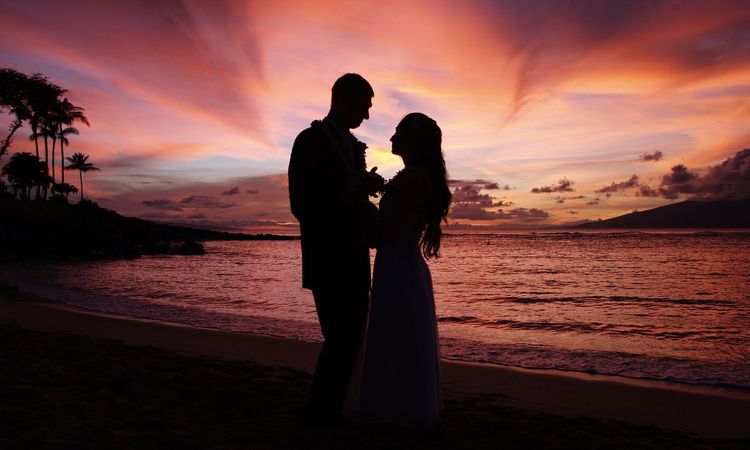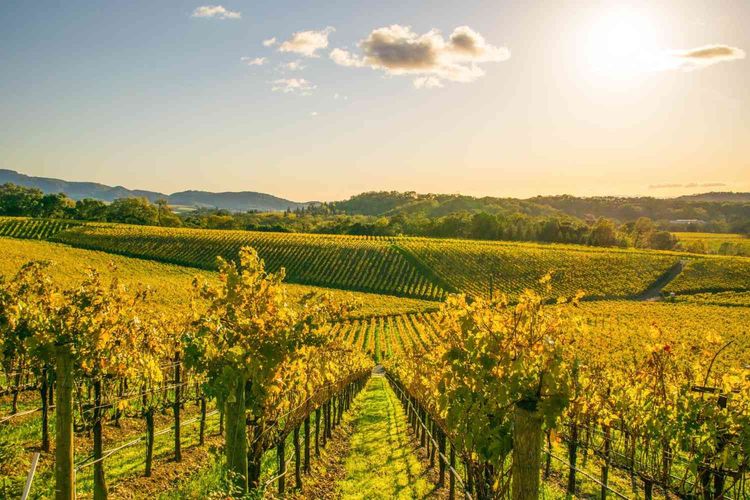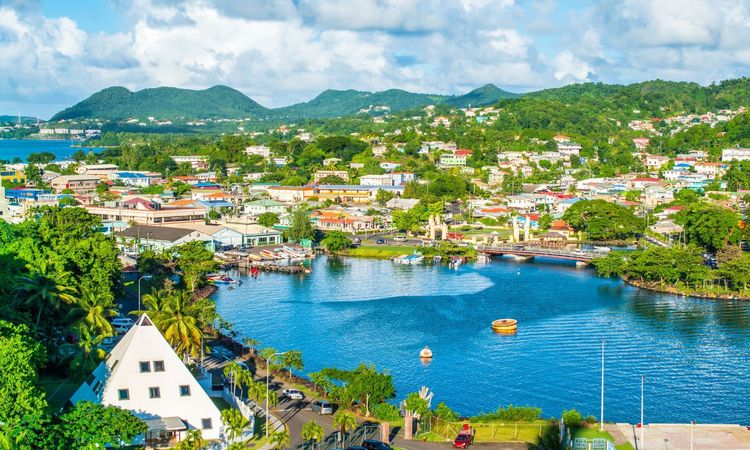If you've got Maui on your mind for the wedding of a lifetime, timing is everything. Imagine tying the knot with a stunning backdrop of vibrant sunsets and ocean waves. But when is the best time to get married in Maui? Let’s uncover the seasons, the charm, and everything you need to know for your perfect wedding day.
Understanding Maui's Wedding Seasons
Overview of Maui's Climate Patterns
Maui is a year-round paradise, blessed with warm temperatures, beautiful beaches, and a unique climate that allows for weddings in almost every season. But understanding the island's weather patterns is key to selecting the ideal time to get married.
- Warm Weather Throughout the Year: Maui offers warm weather nearly year-round, with temperatures hovering between 75°F and 85°F, perfect for outdoor ceremonies, beach weddings, and ocean-view receptions.
- Distinct Seasons: Maui has two main seasons – the drier months from April to October and the wetter months from November to March. Knowing when the rainy season strikes can help you plan accordingly and even prepare a backup plan for your outdoor ceremony.
- Mild Temperatures for Weddings: Maui also boasts mild temperatures during the winter months, and while there may be more rain, the lush green landscapes create a beautiful backdrop for your dream wedding.
Seasonal Highlights for Weddings

Every season in Maui brings its own unique vibe, with cooler temperatures in winter and breezy, sunny days during the summer months. To make an informed decision about when to get married in Maui, consider the highlights of each season:
- Spring (March to May): Lush greenery, warm temperatures, and fewer tourists.
- Summer (June to August): Hot, sun-filled days with more crowded beaches.
- Fall (September to November): Romantic sunsets, mild temperatures, and fewer visitors.
- Winter (December to February): More rainfall but a cozy and intimate atmosphere, with whale watching as an added attraction.
Best Months for a Wedding
Spring (March to May)
Spring in Maui is a wonderful time to plan your dream destination wedding. The Hawaiian island bursts with life during this season, offering a vibrant setting for your special day.
- Warm Temperatures Without the Crowds: Springtime is known for its milder, warm weather, offering a comfortable atmosphere without the intense summer heat.
- Affordable Options: This time of the year also offers affordable options for travel and accommodation, as it lies between peak tourist seasons.
- Beautiful Ocean-Side Lawn Areas: The spring season is perfect for beachfront lawns and grassy lawn ceremonies, giving you a stunning ocean view.
Fall (September to November)
If you want that golden glow in your photos and cooler temperatures for your wedding ceremony, fall is the time to go.
- Beautiful Backdrop: Fall brings with it incredible sunsets, creating a beautiful backdrop for your wedding ceremony.
- Off-Peak Season: This season is considered off-peak, which means fewer tourists, more availability of beach wedding locations, and reduced wedding costs.
- Wedding Photographer Availability: Fall also means more availability for wedding photographers, ensuring you can capture the perfect moments with the best in the industry.
Benefits of Choosing Spring or Fall
Opting for either spring or fall for your Maui wedding can offer a myriad of benefits:
- Mild and Comfortable Weather: Avoid the sweltering heat of summer and the potential downpours of winter.
- Cost Savings: Off-peak seasons mean significant savings on wedding venues, wedding packages, travel plans, and accommodations for your wedding guests.
- Guest Comfort: Ideal temperatures mean that your guests can fully enjoy the outdoor activities, ceremonies, and reception without worrying about extreme heat or rain.
Other Factors to Consider
Impact of Weather on Wedding Dates
Maui is stunning, but it also has its quirks. Knowing how the weather will affect your wedding day is crucial.
- Rainy Season: November to March marks Maui’s rainier months. If your heart is set on a beach wedding, you’ll want to have a backup plan just in case.
- Wind: Certain parts of Maui, especially near the ocean, can be breezy. Make sure your decorations and setup account for this to avoid surprises on your wedding day.
- Time of Day: The time of day for your ceremony can also make a huge difference. Opt for a beautiful sunset wedding for that golden-hour magic, or an early morning ceremony for the calm and serene vibes.
Peak Tourist Seasons in Maui
To get the most out of your Maui wedding, it’s essential to know when the crowds will be at their highest.
- Winter Holidays: From late December to early January, Maui experiences peak tourist season, with crowds flocking to the Hawaiian island to escape the cold.
- Summer Vacations: June to August also sees an influx of tourists, leading to increased costs for venues, accommodations, and other wedding services.
- Off-Peak Season Advantage: Consider planning your wedding during off-peak times to enjoy lower prices, a wide range of beautiful location options, and less crowded beaches.
Cost Implications of Off-Peak vs. Peak Seasons
Planning your Maui wedding during the off-peak season can help you cut costs significantly.
- Venue Costs: Venue weddings and beach wedding venues are generally more affordable during off-peak months.
- Travel Costs: Flights and accommodations can be considerably cheaper, allowing your guests to travel more affordably.
- Wedding Packages: Wedding packages and vendors are also more likely to offer discounts, giving you an overall more affordable destination wedding experience.
Pros and Cons of Weekday Weddings
Availability of Venues and Vendors
Weekday weddings in Maui can be a great choice for many couples, particularly when considering venue and vendor availability.
- More Availability: Since most weddings are held on weekends, choosing a weekday can give you a better chance of booking your preferred wedding location, venue manager, and wedding team.
- Flexible Scheduling: Wedding photographers and videographers are often more flexible on weekdays, allowing for more hours of photography coverage and creative freedom.
Potential Cost Savings
Getting married during the week could lead to substantial savings.
- Lower Venue Costs: Beach wedding permits, venue rentals, and other aspects of wedding coordination are often cheaper on weekdays.
- Vendor Discounts: Vendors such as caterers, florists, and wedding coordinators may offer weekday discounts, reducing your overall wedding budget.
Tips for Planning the Perfect Date
Flexibility with Wedding Dates
Flexibility is crucial when planning your Maui wedding. Here’s how you can make it work:
- Weather Forecast: Keep an eye on the weather app for cloudy weather or any indication of rain. A little flexibility can go a long way in ensuring an amazing wedding experience.
- Advance Notice: Plan your wedding months in advance to secure your dream wedding date, vendors, and accommodation.
Considering Local Events and Holidays
Maui hosts various local events and holidays, which can impact your wedding day.
- Avoid Busy Times: Steer clear of major holidays or festivals to avoid inflated prices and limited availability of wedding venues.
- Local Attractions: Incorporate Maui’s local charm into your wedding by choosing a date that aligns with smaller, local events, providing unique opportunities for your guests to experience Hawaiian elements.
Checking for Travel and Accommodation Options
To ensure your guests have a seamless experience, consider travel and accommodation factors.
- Guest Accommodation: Book rooms well in advance to avoid price surges during peak times.
- Venue Proximity: Choose accommodations close to your wedding venue, making travel easier for guests and ensuring that everyone can relax and enjoy your big day.
When is the Best Time to Get Married in Maui
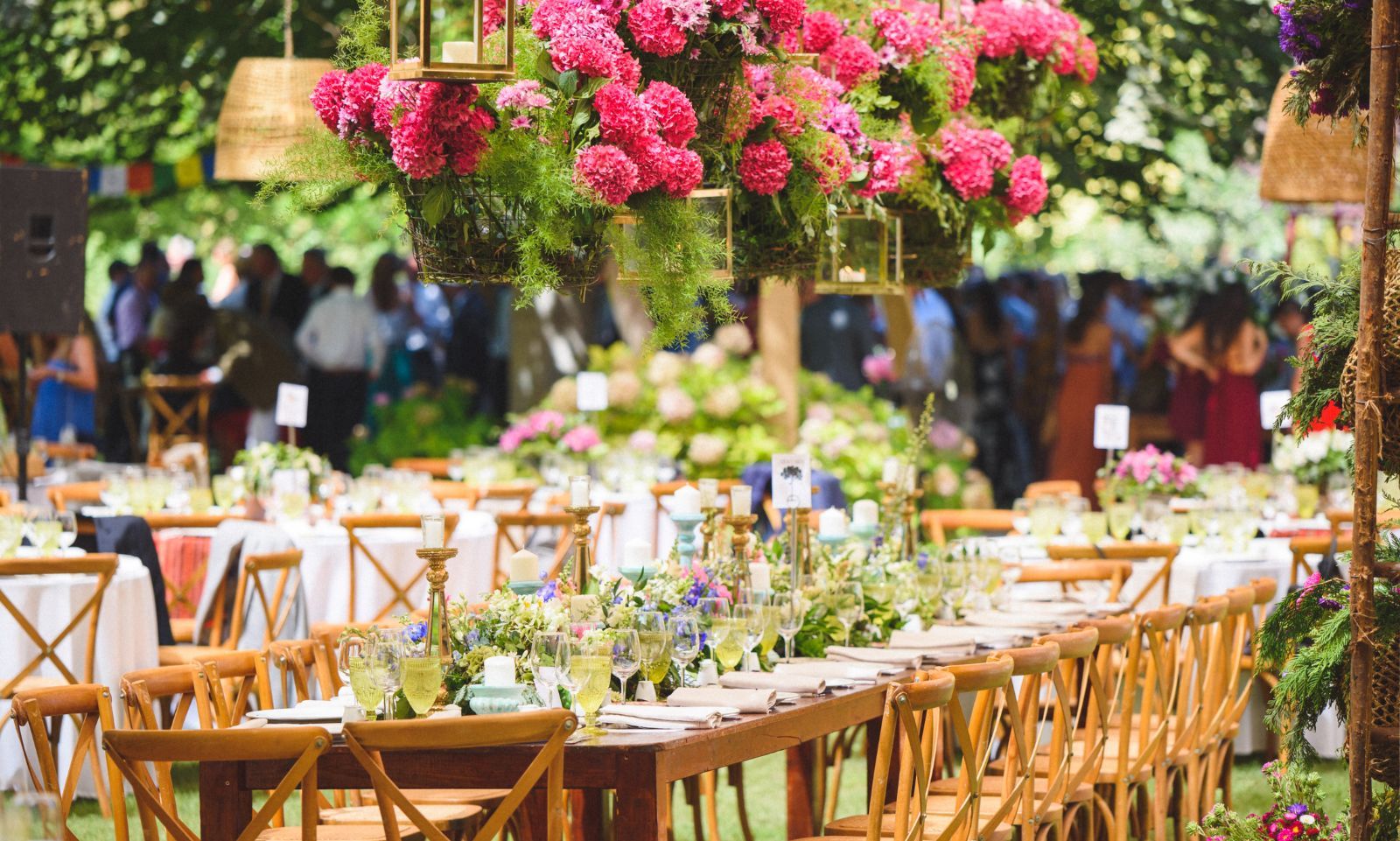
Choosing the Right Season for Your Dream Wedding
Selecting when is the best time to get married in Maui depends largely on what matters most to you. If warm temperatures, fewer tourists, and gorgeous scenery are your priorities, then planning around spring or fall is ideal.
- Spring Weddings in Maui: The spring months of March, April, and May provide a beautiful mix of good weather, fewer tourists, and more availability of services. If you dream of lush greenery and a calm, relaxed wedding day, spring is perfect.
- Fall Weddings in Maui: The fall season, spanning September through November, offers cooler temperatures and beautiful sunset opportunities. With a decrease in the number of tourists, you’ll find more space on Maui’s gorgeous beaches and public spaces, making fall an ideal time to say "I do."
- Summer and Winter Weddings: While not necessarily the best seasons, summer and winter can still work for those willing to accommodate the challenges of higher costs and increased crowds. Winter weddings, in particular, come with the magic of whale season, adding an enchanting touch to your special day.
Considering the Maui Rain Belt and Weather Challenges
One of the less talked about aspects of Maui’s weather is the rain belt. The Hana side of Maui tends to receive more rain, making it lush but potentially challenging if you are planning an outdoor ceremony. To minimize the risk of rain on your big day, choose a location on the leeward side of the island where it tends to be drier.
- Rain Backup Plans: A rainy day doesn’t mean your wedding is ruined. Instead, consider having a tent or an indoor venue as a backup plan. It’s common for weddings in Maui to come with a rain contingency plan, especially during the wetter months.
Sunset Weddings
If you want the most magical photos and the most romantic ambiance, a sunset wedding in Maui is hard to beat. Timing your ceremony start time is crucial if you’re aiming for the golden hour glow. Generally, sunset occurs between 5:45 PM and 7:00 PM depending on the time of year.
- Planning Sunset Wedding Logistics: Consult your wedding planner to help with scheduling and coordination so you can ensure that your ceremony aligns perfectly with sunset, creating a breathtaking backdrop.
- Sunset Wedding Locations: Beaches like Napili Beach and DT Fleming Beach are ideal for sunset weddings, providing stunning views and plenty of space for your wedding guests.
The Role of Wedding Coordinators and Planners
Hiring a wedding coordinator can make all the difference in ensuring that everything runs smoothly, from securing permits for public beaches to arranging the best times for beach ceremonies. A good coordinator will also help you find a venue manager with a track record of successful weddings.
- Wedding Planners with Maui Experience: Consider working with planners who have extensive experience in Maui weddings. They will know the best vendors, beach wedding permit requirements, and ideal times for ceremonies to create a seamless wedding experience.
- DIY vs. Planner Coordination: If you’re leaning towards a simple Maui wedding or beach elopement, DIY planning can work. However, for a more elaborate wedding, having professional help with aspects of wedding coordination is invaluable.
Pros and Cons of Different Wedding Styles
Beach Weddings vs. Venue Weddings
When deciding when is the best time to get married in Maui, another critical factor is choosing between a beach wedding and a venue wedding. Each has its advantages and challenges.
- Beach Weddings: Maui beach weddings are iconic, offering the natural beauty of sandy beaches and ocean waves as your backdrop. However, public beaches require permits, and there can be limitations on decorations, chairs, and amplified music.
- Venue Weddings: Hosting your wedding at a private venue offers more control over the event, including decorations, catering, and setup. Venues also provide more privacy compared to public beaches.
Intimate Weddings and Elopements
Maui is the perfect place for intimate weddings and elopements. If you’re looking for a simple ceremony with just a few friends and family, a beach elopement during the off-peak season might be the best choice.
- Benefits of Elopement: A beautiful elopement allows you to focus on each other without the stress and expenses of a larger event. Plus, the flexibility with dates makes it easier to pick the best time to get married in Maui.
- Enhancements for Elopements: Consider adding small enhancements like an Anuenue Bouquet, a bridal bouquet, or leis for ceremony exchange to make the day even more special.
Guest List Considerations
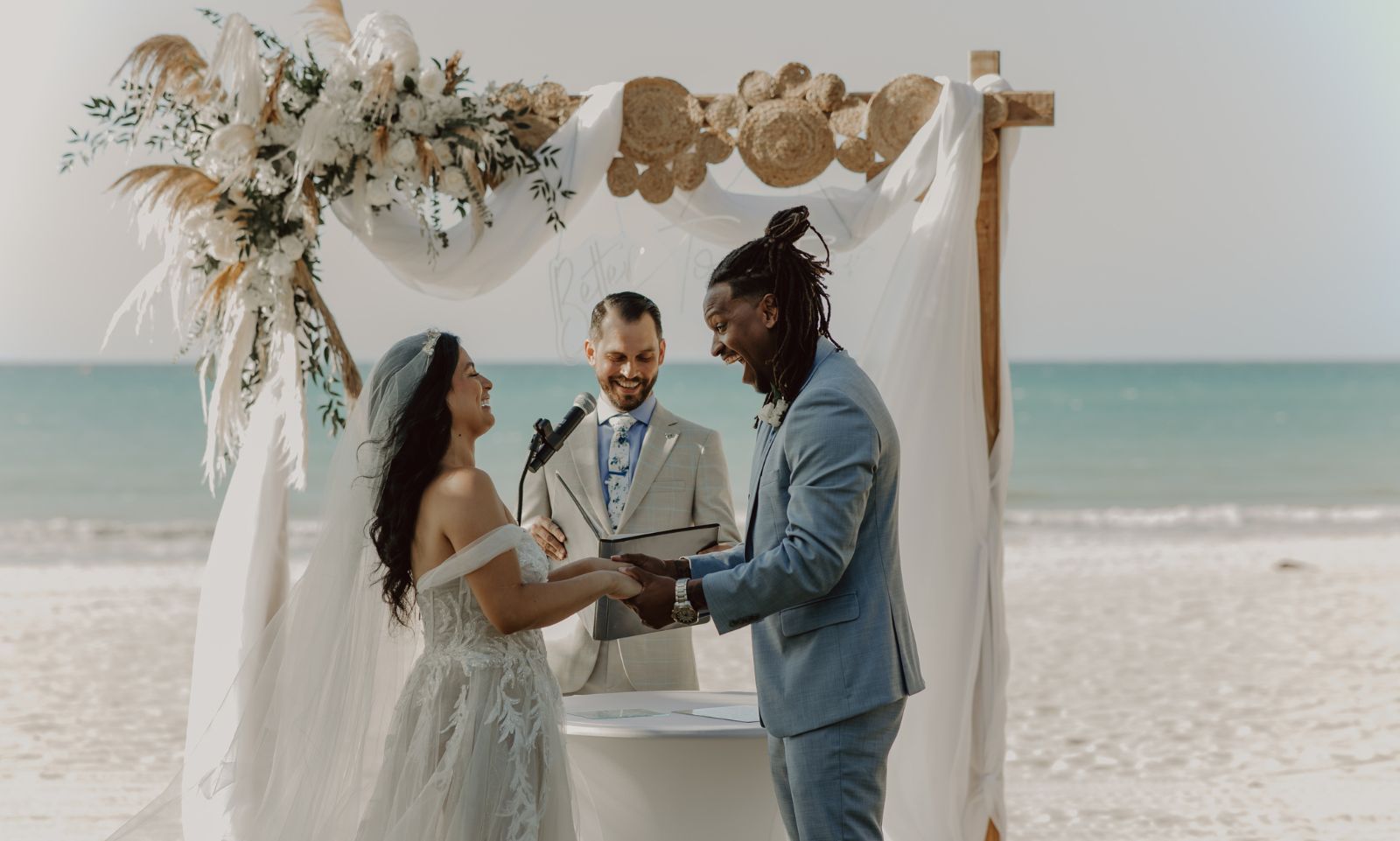
The number of guests attending your wedding can impact your choice of location and the overall experience. If you are planning to have a larger guest count, choosing a private venue or beachfront lawn may provide the necessary space and amenities to accommodate everyone comfortably.
- Travel and Accommodation for Guests: If you have a large guest list, planning accommodations and travel for your wedding guests should be a priority. Maui offers a wide range of options, from luxurious resorts to more affordable hotels, but booking months in advance is crucial during peak times.
Conclusion
Planning your Maui wedding means selecting the right time for the perfect setting. Whether you’re dreaming of a beautiful elopement on a Maui beach or an intimate wedding ceremony surrounded by stunning sunsets, understanding the island’s seasons and key factors will help make your day unforgettable. Choosing the ideal time to get married in Maui involves balancing weather, crowd levels, and costs to create a wedding experience that is both magical and memorable. Choose your season, stay flexible, and remember—Maui is breathtaking all year long.
